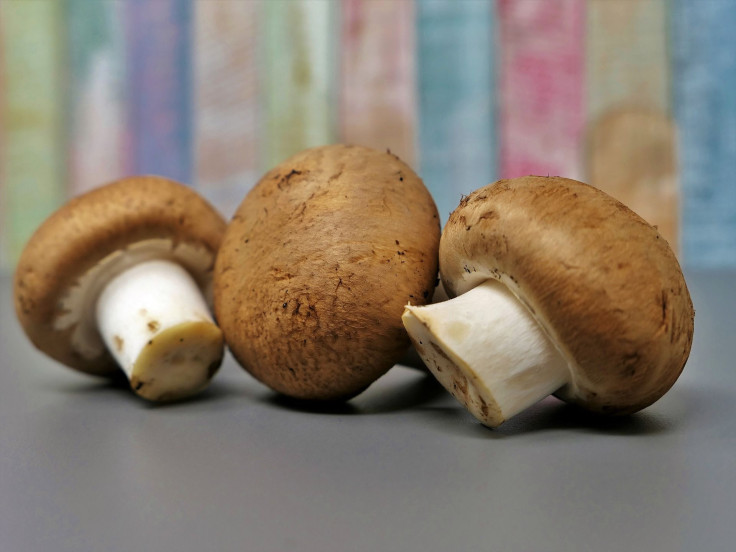Researchers Find Mushroom Consumption Can Benefit Individuals With High Blood Pressure
Recent research has suggested that incorporating mushrooms into your dietary regimen can help control blood pressure levels.
Heart attack is the leading cause of death in the U.S., surpassing both cancer and COVID-19, according to the Centers for Disease Control and Prevention (CDC). High blood pressure strains the heart, thickens blood vessels, and increases the risk of heart disease, heart failure, heart attack, and stroke.
A study published in Phytotherapy Research has now revealed that mushroom is a star ingredient that can help balance one's hypertension.
The researchers discovered that certain bioactive compounds found in mushrooms, including cordycepin, lovastatin, eritadenine, and ergosterol, share a structural similarity to adenosine, a substance known for its blood pressure-lowering effects. This similarity suggests these compounds may influence cardiovascular function by affecting gene expression.
How do mushrooms help?
Research has earlier proved that edible mushrooms are a source of various bioactive compounds not commonly found in other food sources. This study in particular notes that mushrooms are a healthy addition to heart-healthy diet plans (i.e: Mediterranean and Dietary Approaches to Stop Hypertension or DASH diet) as they contain beneficial bioactive compounds like proteins, sterols, vitamins, minerals, fiber, and amino acids.
Dana Ellis Hunnes, an expert in the field of nutrition and a senior clinical dietitian at UCLA Medical Center, who wasn't a part of the study, lent her support to the findings, saying that mushrooms have a good amount of potassium in each serving. This means they can provide around 11% of the recommended daily intake, which is between 300 and 400mg. She explained that potassium is an important part of both DASH and Mediterranean diets because it helps control blood pressure. This, in turn, can lower the risk of heart attacks and strokes.
How bioactive compounds lower blood pressure levels
Hunnes said the nutrients in mushrooms (dietary fiber, riboflavin, potassium, niacin, copper, and vitamin D) and bioactive compounds impact metabolism, and help reduce heart disease risk.
"These nutrients and bioactive constituents play a role in cellular metabolism, circulating levels of certain micronutrients that may lower risk of heart disease, stroke, and blood pressure, such as potassium," she told Health.
"There are also a number of compounds--many of which may not even have a name yet--that contribute to the health benefits of mushrooms on the microbiome and/or blood pressure," Hunnes added.
Doctors have stated that individuals with mushroom allergies can obtain comparable heart health benefits by following a whole-food, plant-based diet.




























